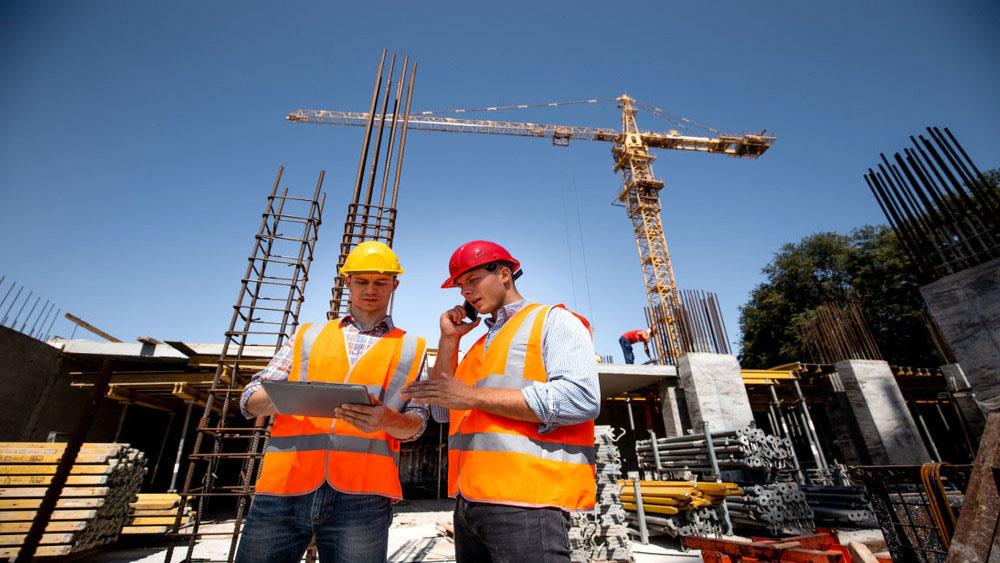

The Federation of Master Builders says the move will avoid further cashflow issues for small firms
As sites re-open, productivity has understandably dipped due to important social distancing measures.
However, this is impacting on income and the Government must therefore delay the implementation of reverse charge VAT to avoid further cashflow issues for small firms.
Construction PMI data published today (Thursday 4 June) found that activity continued to decline in May, albeit at a slower pace than in April, with new orders also dropping off.
Brian Berry, Chief Executive of the Federation of Master Builders, said: “Small to medium-sized builders are safely returning to work, but important social distancing measures on sites are understandably hampering productivity.
"That this is having an impact on cashflow means it’s essential that the Government delays its introduction of reverse charge VAT by at least one year. This disruptive tax change risks hitting SMEs the hardest at a time when we need to protect jobs and livelihoods. Delaying this policy would acknowledge that SMEs provide the bedrock of the industry and help support the recovery of the construction sector.”
Berry concluded: “Looking ahead, we know that further support will be necessary to ensure SMEs lead the recovery of the industry. I’m calling for several key interventions, including a national retrofit strategy which will help us to reach net zero carbon and create jobs.
"I also want to see barriers removed for local house builders so they can bring forward more homes, and greater support for SMEs to train apprentices. These firms operate across the country, are crucial to their local economy and are therefore central to the Government’s ‘levelling-up’ agenda.”